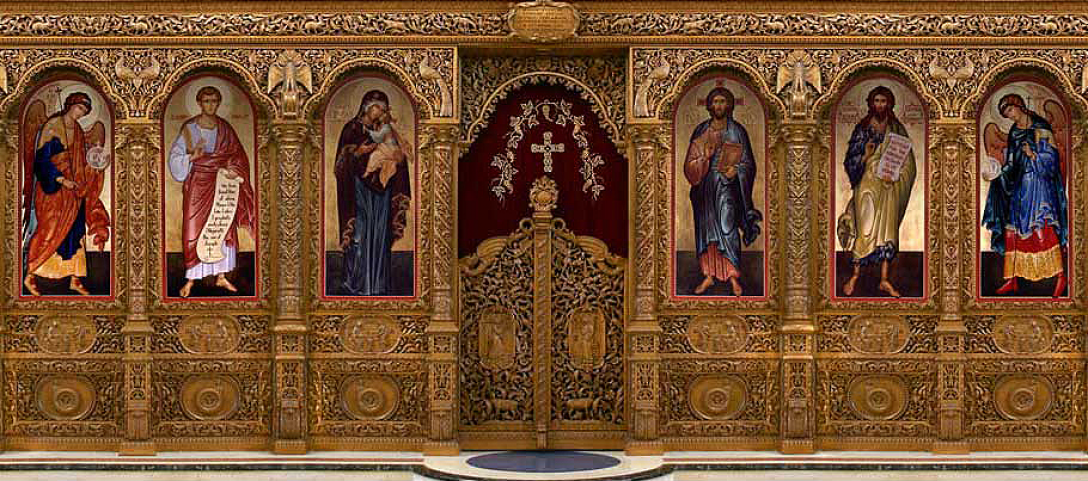The writer of the blog Cogito, Credo, Petam liked one of my posts earlier this week. In return, I went to check out his blog. It is an excellent blog and I highly recommend it. One of his posts explored the idea of “ChristBol”, a Christian adaptation of the ideology of “Nazbol” (National Bolshevism), a combination of National Socialism and Bolshevik communism. I responded to his article saying:
“While I like some elements of Nazbol, there are elements of both National Socialism and Communism that are contrary to Christianity. With National Socialism, it is usually very aggressive, rather than following the principle of just war. It also has a very centralized system, violating the principle of subsidiarity. In terms of Communism, while it does a lot of good in helping the poor. It also does mass redistribution of property, but private property is a right in Christianity.”
He wrote me a reply which you can read for yourself if you want. I’ll highlight his main points to respond.
He first responds to my point about National Socialism not following the principle of just war by arguing that National Socialism should follow it in theory, but didn’t in practice. He likens National Socialist expansion to an army trying to break out of a siege. While I think this can sometimes apply, an ideology centered around an aggressive ideal of expansion will lead to unjust war. It creates an us vs them narrative which breeds hatred between the citizens of two countries.
Next he addresses my point about subsidiarity by talking about the sovereignty of the government. I completely agree that all government is completely sovereign over its people (Romans 13:1). However, this is distinct from subsidiarity. Christ is the King of the Church (1 Colossians 1:18). As God, Christ is sovereign over all creation. Yet if we look at the Church, we see that bishops deal with issues in their jurisdiction, councils deal with local issues, and only pan Orthodox or Ecumenical councils deal with issues for the whole Church. One Pope does not have direct, jurisdictional control over the whole church, nor does the individual believer have free reign. (The author to whom I am responding is an Anglican however, so I’m not certain of how the Anglican church is structured.) So while the king has complete sovereign reign over his people, he should willingly allow issues to be dealt with on a local level.
The last issue was in regards to redistribution of wealth. While many Church Fathers did advocate for communal ownership, such as in Acts 4, it was never advocated that the government must force this. Instead, they saw that what matters is how one uses their wealth. It would be far better to have a society where the wealthy were expected to give to charity as a social obligation, rather than have one where they are forced to give up their wealth. I’m not opposed to taxation. The rich should be forced to care for the poor. However, the poor will always be with you (Mark 14:7). I don’t see a massive redistribution of wealth as Christian or helpful to society. I will admit that I am still working on researching this topic more before I can say anything definitive as to what I think a good model for taxation is.
I hope Cogito, Credo, Petam enjoyed my response. I look forward to continuing our dialog.

very nice
LikeLike
[…] has replied to my more recent defence of ChristBol, which addresses a comment of his, on three […]
LikeLike